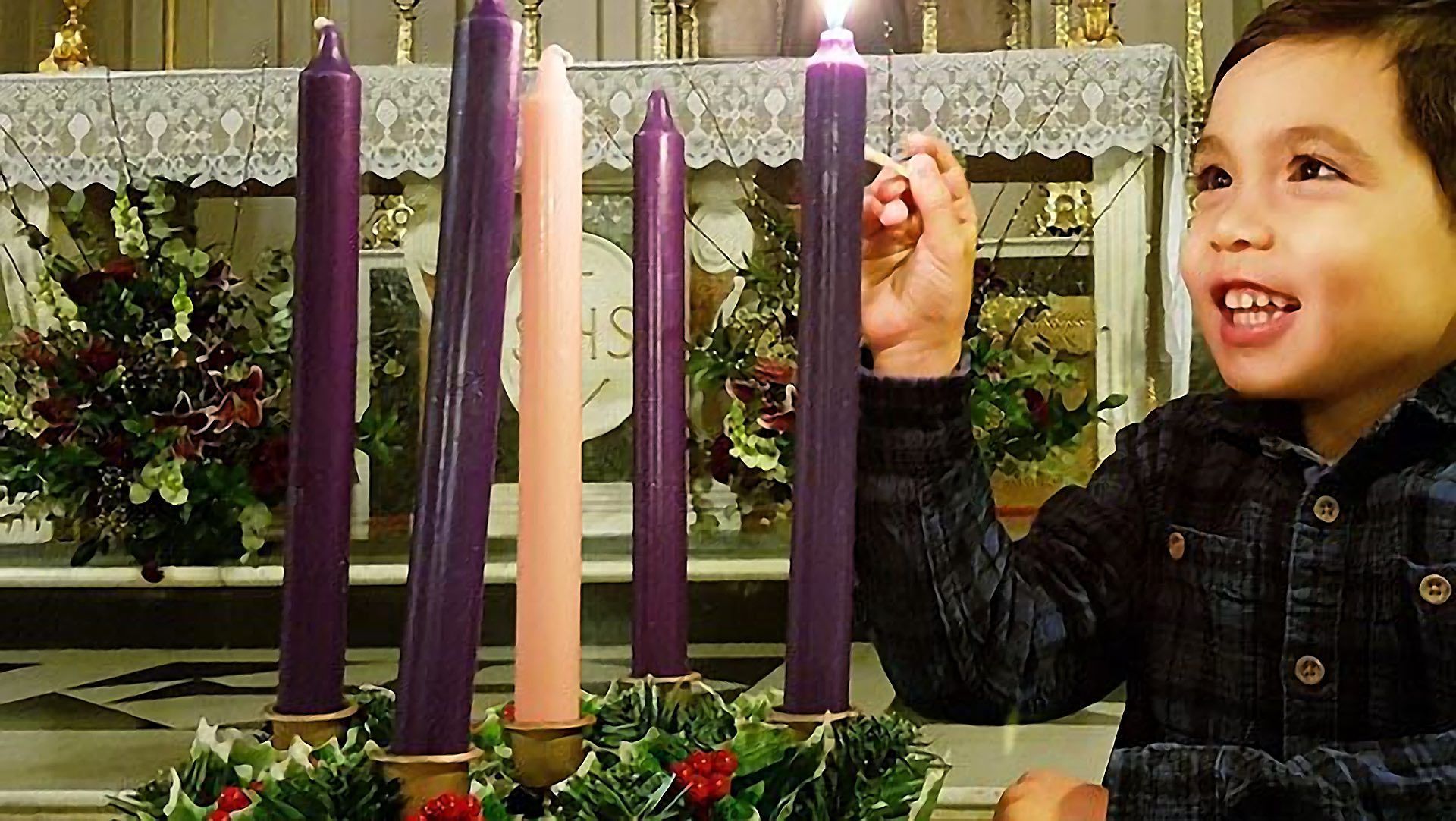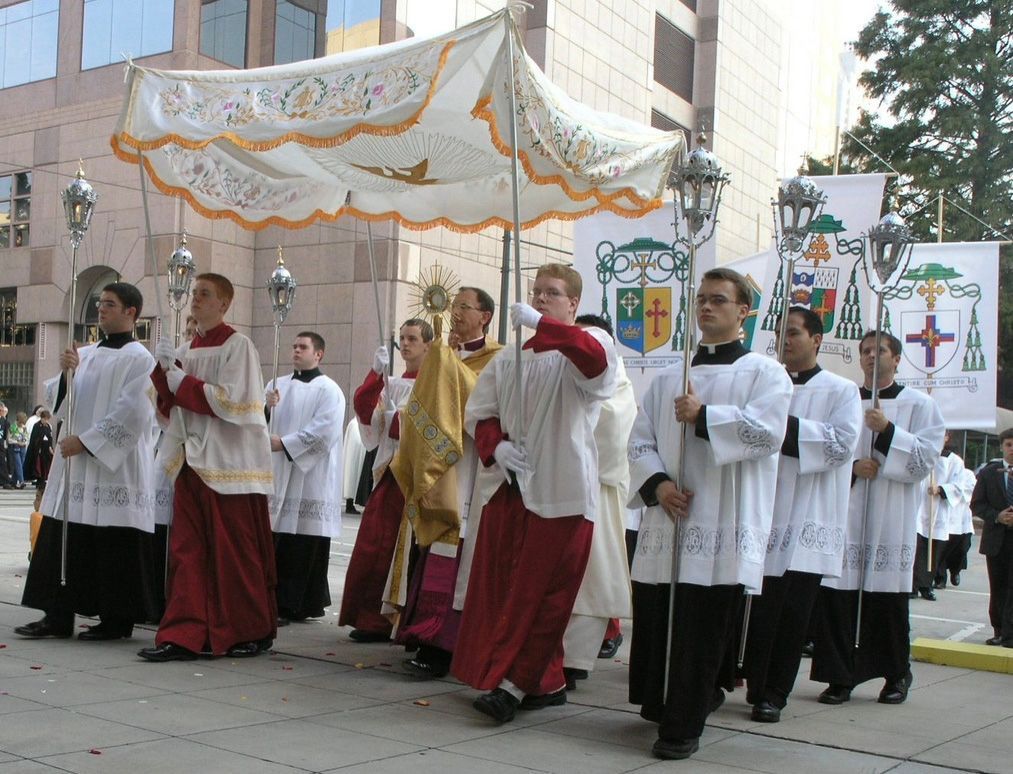Treating People with Sincere Respect, Kind Attention and the Love of God
Jesus, God incarnate, is giving us the meaning of life, the road to fulfillment, the secret to happiness.
But we have heard it so often that we have to make a special effort to squeeze the juice out of it. The key word is, obviously, love.
Usually, we associate this word with some pleasant feelings, intense and delightful emotions. But the word Jesus used means something much deeper. It is the word "agape", and it refers to the love that means desiring union with something that is good in itself. If we love ice cream, it means we love eating ice cream because it tastes good, we love becoming one with ice cream, entering into communion with ice cream. If we love a person, it means we love spending time with them, getting to know them, sharing the experiences of life with them. But using the word “agape” isn't quite enough.
Jesus wants to make completely sure we don't misunderstand. So, he explains how love applies to our two key relationships: with God and with other people. We must love God with all our heart, mind, and soul.
We must desire what God desires— this is the heart. We must value and understand all things the way God does—this is the mind. We must actively live in accordance with those desires and that understanding, choosing what God would choose in our place—this is the soul. Then, we must love our neighbors as we love ourselves; treating them as we would want them to treat us, regardless of how we feel. This is Christian love, not some passing, self-indulgent emotion, but a courageous lifestyle that puts God first, others second, and self, third. We see this truth vividly at work in the lives of the Saints, who gradually learned that Christian love is much more about what we decide to do than about what we happen to feel.
A remarkable Saint in this regard is Pope Gregory the Great, who died in the year 604 after 13 years in the papacy. He organized an army of volunteers to go through the streets of Rome daily to tend the sick, feed the poor, and place homeless families on farms around the city, which were leased to them for three generations. Every day, Pope Gregory fed at his own table twelve poor pilgrims, whom he insisted on serving himself.

One day when he entered the dining room to feed his guest pilgrims, he counted thirteen pilgrims instead of twelve. When he asked about the extra guest, his astonished steward insisted that they only had the usual number. "I am sure I see thirteen!" the Pope insisted. As the meal progressed, Gregory noticed that the face of this extra guest kept changing: first it looked young, then the same face would suddenly look middle aged, then old, and back and forth.
When he could stand the mystery no longer, Pope Gregory drew the strange man aside and asked him who he was. The stranger answered, "I am the angel whom God sent to you to prove your charity. Now, do not fear...God has sent me to be your guardian...Whatever you ask will be granted you through me." This is Christian love: a tireless, self-forgetful effort to put one's talents at the service of God by serving our neighbors, wherever God's providence places us. And this is the secret to true joy and fruitfulness. (St. Pope Gregory the Great By ©Tracy L. Christianson at www.portraitsofsaints.com)
As Saint Theresa of Lisieux wrote: "Jesus flooded the darkness of my soul with torrents of light... Love filled my heart, I forgot myself, and henceforth I was happy." This is what will fill our hearts and give our lives the meaning we so passionately long for: true, Christ-like love. There is no shortcut to learning Christ-like love.
It's like learning to swim, you really have to jump into the water and get wet. The Holy Spirit is a great instructor, but he can't make any progress unless we are willing to take the risk of diving in. So, the first thing we need to do is to tell God that we sincerely want to follow his commandments and love like he does; this is how we love God, by wanting what He wants. Holy Communion is the perfect time to make or renew this commitment.
After deciding to take the risk, we have to make sure there is nothing blocking God's grace inside of us, because without that grace, we can't make any progress. So, the second step to loving like Christ is making frequent use of the sacrament of confession—God's power-washing system. Once we have decided to do our best and made sure that no sins are sapping our supernatural strength, we are ready to get to work. This kind of work is very simple, but not easy.
It starts by treating those people closest to us with sincere respect and kind attention. We have to start with those close to us; with our family members, coworkers, team mates and classmates. It is easy to put on the appearance of Christ-like, over with people we don't have to deal with regularly. But we aren't interested in appearances, we are interested in the courageous lifestyle of Christian love, the only path to an everlastingly meaningful life. And that path means, with God's help, putting God first, others second, and self, third!
Inspired Reflections










